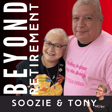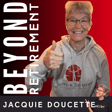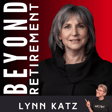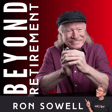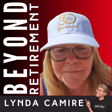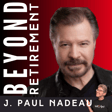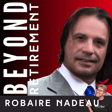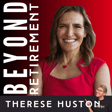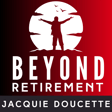
Finding Your Purpose - in 7 Words or Less
🧭 Episode Summary
In the inaugural guest episode of Season 6, Ian Chamandy of Purpose U explores the power of purpose—and why defining it in seven words or less can transform your retirement journey.
Together, Ian & Jacquie dive into how knowing your unique gift can provide clarity, boost confidence, and serve as a personal decision-making tool—especially during major life transitions, such as retirement.
Whether you feel uncertain about your next chapter or you’re simply looking to make more intentional decisions, this episode will guide you to the core of who you are and what truly matters.
🔑 Key Topics & Takeaways
- What is Purpose (really)?
- Purpose in 7 Words or Less
- Trigger Events and Why Retirement Qualifies
- Beliefs, Wants & Talents: Your Personal DNA
- Real-Life Case Study: “Make It Simpler”
- Why It’s Never Too Late to Define Your Purpose
- How Purpose Can Enhance Relationships with Advisors
💬 Notable Quotes
“Your purpose is your gift—and your job is to share it with the world.”
“Purpose isn’t what you do. It’s the one thing that makes you uniquely remarkable.”
“If everything you do is a means to an end—what’s the end?”
“When you know your purpose, you elevate your confidence… and simplify your decisions.”
📌 Resources Mentioned
- 🌐 Purpose U Course Website
- 🧠 Book Reference: Godel, Escher, Bach by Douglas Hofstadter
- 🔧 Course Tools: Step-by-step videos, AI assistant “Wordsmith,” and open forums to support learners
- 📝 Course Framework:
- Phase 1: Deconstruct past accomplishments to uncover beliefs, wants, and talents
- Phase 2: Build your purpose statement
- Phase 3: Learn how to live aligned with that purpose
👤 Ian Chamandy is the co-founder of Purpose U and the creator of the “7 words or less” purpose-defining method. With a background in strategic consulting and communications, Ian has worked with over 400 organizations and now helps individuals unlock the next phase of life with clarity and confidence.
